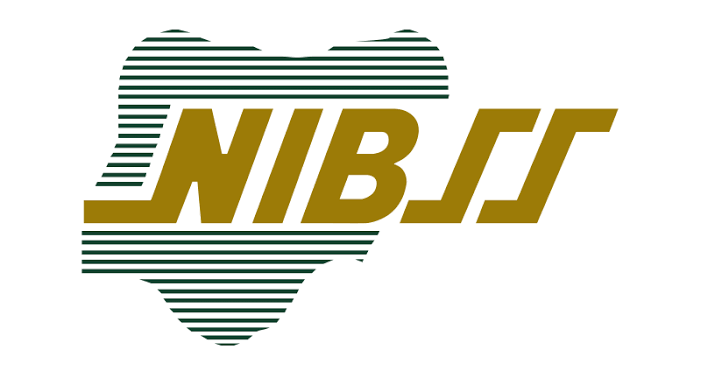Nigeria’s Interbank Settlement System (NIBSS) and Kenyan payments software provider Ceva Limited are pushing to secure a key role in developing Kenya’s new Fast Payment System (FPS) and national digital ID program. The two firms are lobbying President William Ruto. This has intensified competition for one of Kenya’s most lucrative financial projects.
In a letter seen by TechCabal, Ceva Limited requested a meeting with Ruto to introduce NIBSS as a strategic partner for the project.
“We are writing to formally request a meeting with you at your earliest convenience, on either 20th or 21st March 2025,” the letter stated. “The purpose of the meeting is to introduce our partner, the Nigerian Interbank Settlement Systems (NIBSS).”
The proposed meeting will include top executives from both companies, such as NIBSS CEO Premier Oiwoh, Head of Partnerships Yvonne Ige, and Ceva MD Yatin Mehta. David Kiprono, director of Webmaster—the company behind Kenya’s e-Citizen platform—is also expected to attend.
NIBSS, owned by the Central Bank of Nigeria (CBN) and Nigerian banks, serves as Nigeria’s national switch and payment infrastructure. Ceva, which operates in India, Nigeria, Kenya, and Brazil, claims to process $40 billion in transactions annually.
In its letter, Ceva highlighted NIBSS’s expertise in ensuring interoperability across financial platforms, including banks, SACCOs, mobile money services like M-Pesa, and fintechs.
“Our robust infrastructure is developed in Africa, for Africa,” Ceva wrote. “AfriGo is NIBSS’ answer to Africa having its own card processing, driving our economic independence and efficiency. India has done it with Rupay, China with UnionPay, UAE with Jaywan, and Brazil with PIX.”
Neither Ceva nor NIBSS has commented publicly on the lobbying efforts.
If successful, the deal could face resistance from local mobile money operators such as Safaricom and commercial banks, which have been advocating for an upgrade to Kenya’s existing Pesalink system instead of building a new FPS from scratch.
Safaricom and the Kenya Bankers Association (KBA) argue that upgrading Pesalink, which processes $8.5 billion annually, would be more cost-effective and faster. They estimate that creating a new FPS could cost $200 million and take up to four years.
While the Central Bank of Kenya has not made a final decision, lobbying from both local and international firms suggests that the battle for Kenya’s financial infrastructure is far from over.
























































